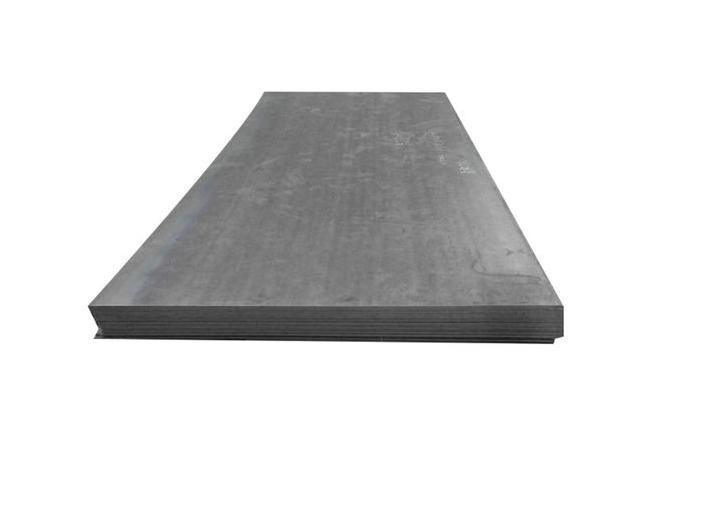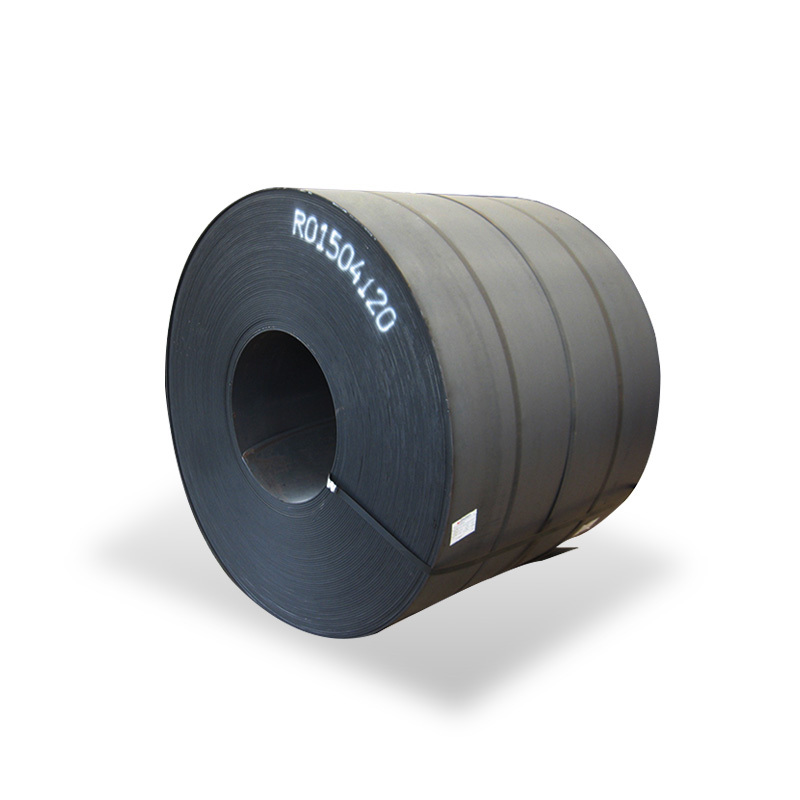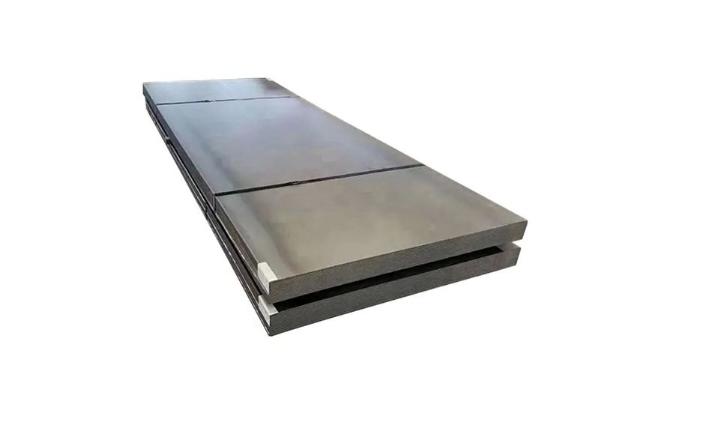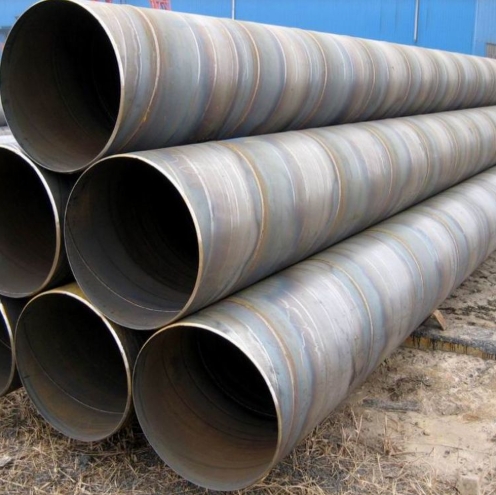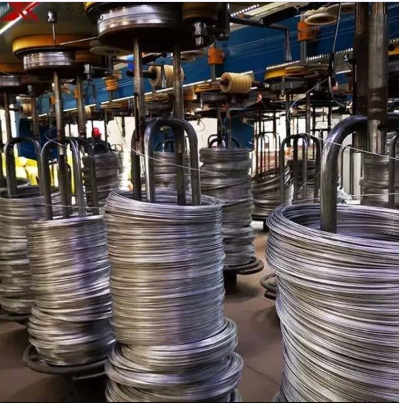An Oil Country Tubular Goods (OCTG) factory specializes in the manufacturing of steel pipes used in the exploration and production phases of the oil and gas industry. These products are critical for drilling operations, well completion, and the conveyance of hydrocarbons from reservoirs to the surface. The operational integrity of these tubulars is paramount, given the harsh downhole environments they endure, including high pressure, high temperature, and corrosive substances.
Core Manufacturing Processes
OCTG manufacturing primarily involves two main processes for producing pipes: seamless (SMLS) and electric resistance welded (ERW). Seamless pipes are produced by piercing a solid steel billet and then rolling and drawing it to the required dimensions and wall thickness. This process results in a homogenous pipe structure without any welds. ERW pipes are made by cold-forming a flat steel strip into a cylindrical shape and then welding the longitudinal seam using high-frequency electric current. Both processes are followed by heat treatment, such as quenching and tempering, to achieve the desired mechanical properties. Subsequent operations include threading, where precision threads are cut onto the pipe ends for connection, and coating for corrosion protection.
Rigorous quality control protocols, encompassing non-destructive testing (NDT) like ultrasonic and magnetic particle inspection, along with hydrostatic testing and dimensional checks, are implemented throughout the production cycle. Adherence to international standards, primarily those set by the American Petroleum Institute (API), such as API 5CT for casing and tubing, is mandatory. Companies like Shanxi Luokaiwei Steel Company often emphasize their commitment to these quality benchmarks.
Key OCTG Products
An OCTG factory produces a range of specialized tubular products:
- Casing: Large diameter pipes that are set into the wellbore to provide structural integrity, prevent collapse of the borehole, and isolate freshwater zones from hydrocarbon-bearing formations.
- Tubing: Pipes through which oil or gas is transported from the producing formation to the surface. It is run inside the casing string.
- Drill Pipe: Heavy, seamless tubes that rotate the drill bit and circulate drilling fluid. They are subject to high torque, fatigue, and internal pressure.
Material Specifications and Quality Assurance
The materials used in OCTG manufacturing are typically carbon or alloy steels, carefully selected and processed to meet specific strength and toughness requirements for various well conditions. The product range typically includes various grades of steel, such as J55, K55, N80Q, L80, C90, T95, P110, and Q125, each designed for specific downhole environments, including sour service (H2S presence) or high collapse scenarios. Sourcing high-quality raw materials and ensuring precise alloying and heat treatment are critical, areas where established manufacturers such as Shanxi Luokaiwei Steel Company maintain stringent controls to achieve the required metallurgical properties and performance characteristics.
Advanced OCTG factories invest heavily in research and development to produce proprietary grades and premium connections that offer enhanced performance in challenging drilling environments, such as deepwater or unconventional shale plays. The precision of threading is particularly crucial for ensuring leak-proof connections under extreme operational loads. Many facilities, including those operated by firms like Shanxi Luokaiwei Steel Company, utilize sophisticated CNC (Computer Numerical Control) threading machines for this purpose.
Meeting the demanding requirements of the oil and gas industry necessitates continuous investment in technology, process optimization, and skilled personnel. The consistency and reliability offered by proficient OCTG factories are fundamental to safe and efficient drilling and production operations worldwide.



